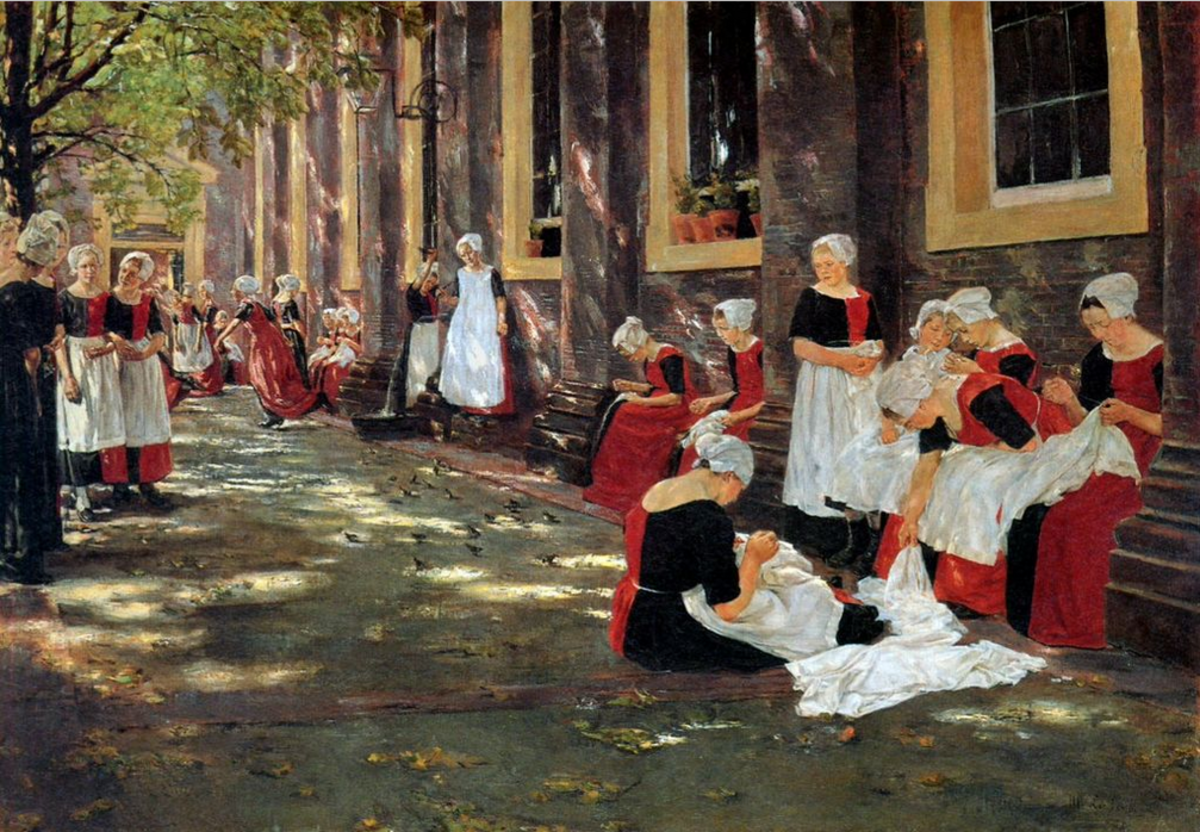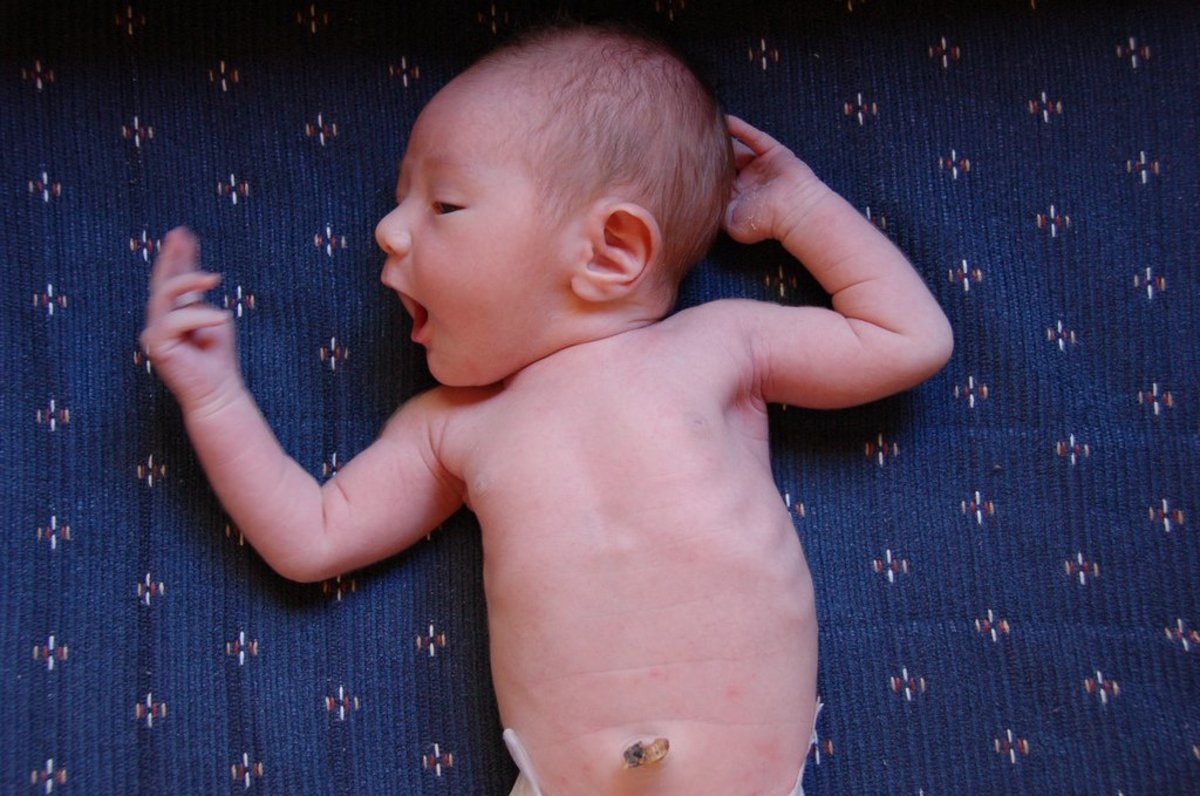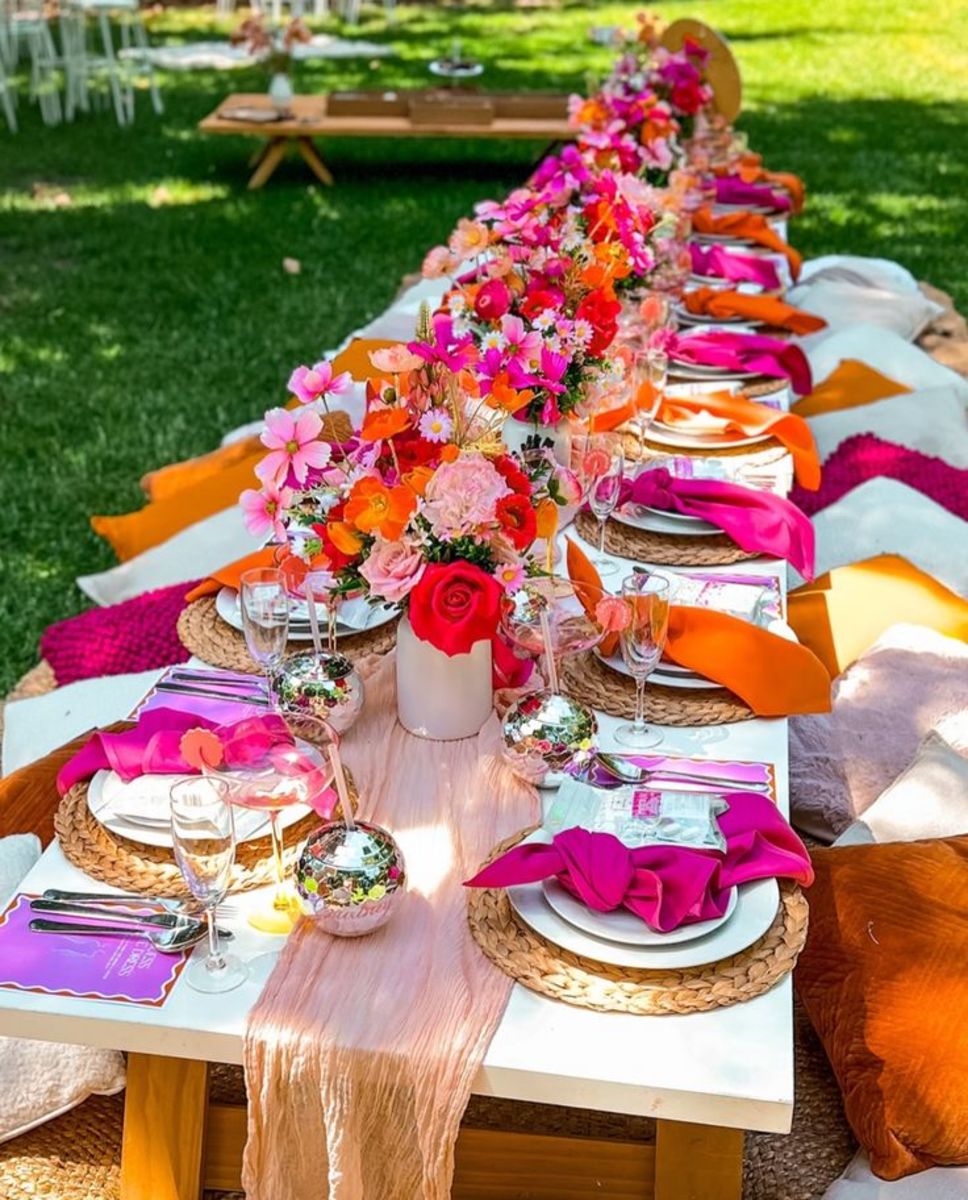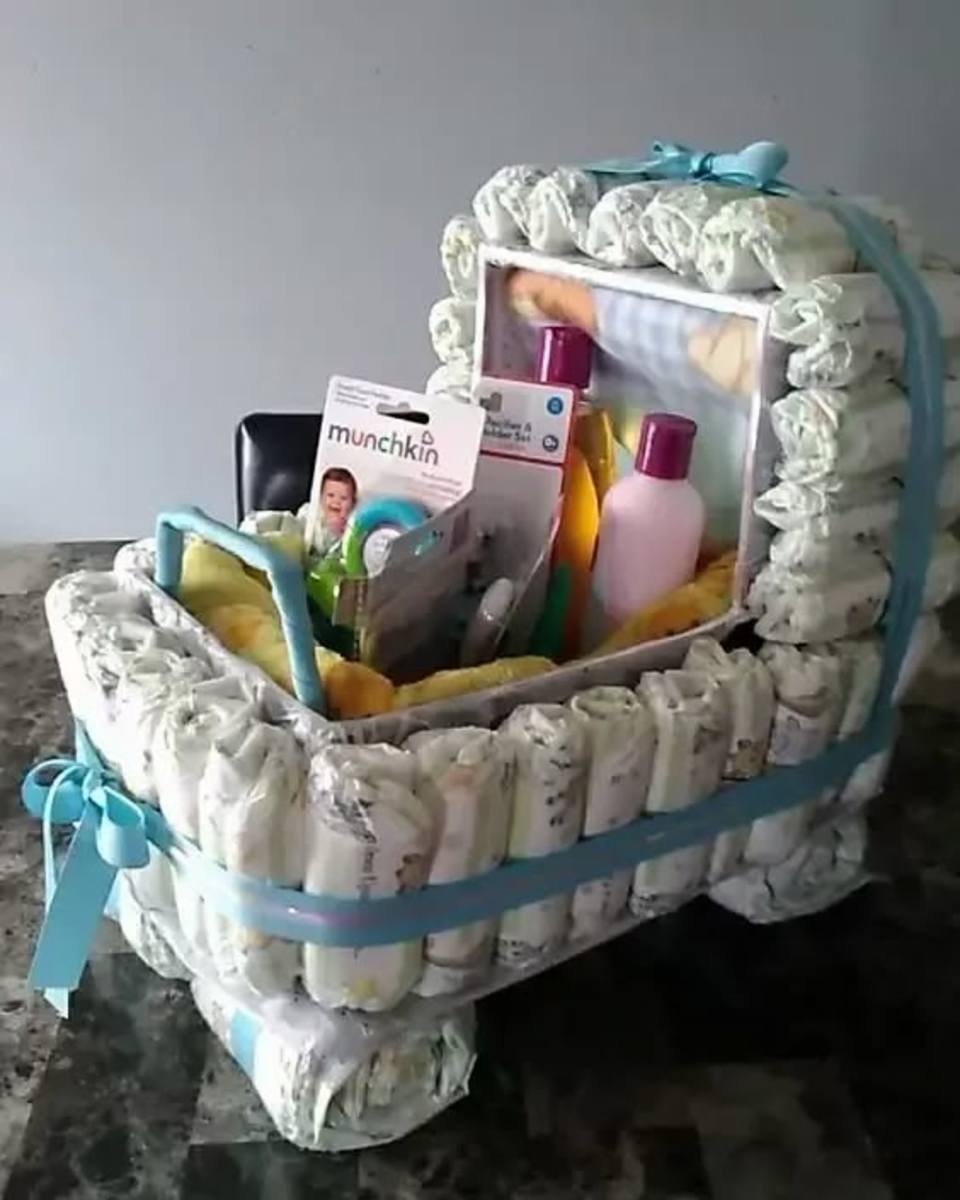Developmental Games for Infants

Okay, so you’ve just given birth to your first child, you’re up to your eyeballs (which probably have dark circles underneath them from lack of sleep) in diapers and feeding schedules, and it hits you.
“Now What?”
Your child is just hanging out in the swing or lying on the floor – shouldn’t you be doing something with them? You probably read all kinds of parenting blogs while you were pregnant too, suggesting different things to jump start baby’s development and now you’re all worried your baby’s not getting enough stimulation.
Your baby will develop at his or her own pace and it’s extremely important to remember that. Still, here are some tips and tricks I used to help stimulate my children’s development (and in some instances STILL use to this very day!)

Talk to Your Child
One way to stimulate your child is to talk to them about anything and everything. While driving in the car when my children were much younger, I would describe what I was looking at as I drove. Hearing my voice would not only soothe them during the newborn to six months phase of infancy, but I would look back in the mirror to see them, and their heads would actually start trying to look around to see where my voice was coming from, since they were rear facing in their car seats and they couldn’t see me.
Talking With Your Child...
Builds Neck Muscles
| Paves the Way for Future Developmental Skills
|
|---|---|
This caused my children to begin to develop their neck muscles, which in turn, helped them hold their heads up during other activities such as tummy time.
| The act of them looking to see where my voice was coming from caused them to begin to start building on object permanence, or the skill of knowing that an object or person is still there even though they cannot be seen.
|
Play With Bubbles
My children LOVE bubbles. No matter what time of the year, no matter who is having the biggest meltdown of the moment, bubbles always seem to remedy the situation at hand. Beyond being entertaining though, bubble are motivating for beginning walkers. When my daughter was ten months old, I used bubbles as a way to coax her into learning how to walk. She had been standing by herself without holding on to anything, but she just wasn’t ready to take her first step yet. So I took her outside, and turned on our bubble machine and sat her a few feet away from it. This totally ticked her off, since I usually placed her right beside of the machine so the bubbles would blow on her. She took her first step that day, trying to get to the bubble machine. Walking obviously increased her gross motor skills, and I think her attitude may have increased some that day, too!
Playing With Bubbles...
Is Visually Engaging
| Helps with Hand-Eye Coordination
|
|---|---|
It's also a great way to get your baby outside for a few minutes.
| As my babies learned to reach out for the bubbles they learned how to reach, aim and pop.
|
Song Games
Playing song games with your baby is an awesome way to interact with and make eye contact with her. Even if your baby is too little to play along, she's taking in your movements and words so that one day she'll be able to play along too! Some of our favorites are:
- Pat-a-Cake
- Where is Thumbkin
- Itsy Bitsy Spider
- Wheels on The Bus
- The Wheels on The Bus
- Head, Shoulders, Knees and Toes
- ABC's (Not a game, but an awesome song for kids to learn early-on!)
Playing Song Games Helps...
Introduce Anatomy
| Refine Gross Motor Skills
|
|---|---|
My son learned the parts of his body through songs like Head, Shoulders, Knees and Toes.
| The bending motions throughout these songs also helped increase both of my children’s gross motor skills and balancing skills as well.
|
Playing with Pots and Pans
When my oldest son was around 8 months old, he had been sitting up for a good while and just conquered learning to crawl when he found the pots and pans in one of the cabinets one rainy afternoon. I handed him a spatula and said, “Have at it, dude,” and it became one of his favorite (and noisiest) activities.
Playing with Pots and Pans Helps...
Develop Fine Motor Skills
| Encourage Bonding Between Parent and Child
|
|---|---|
In order to grab the spatula, my son had to grasp the handle in his little fingers, which helped developed his fine motor skills.
| He enjoyed playing his tune for me and his face lit up when he saw me smiling back, encouraging his behavior. Those type of moments not only stimulate your baby’s development but also help strengthen the bond between parent and child.
|
Household Chore Games
Yes. You read that subtitle correctly. It’s never too early to start showing your children the ins and outs of household chores. In fact, according to Emily Bushnell, who is a developmental psychologist at Tufts University, babies love to watch their parents while they’re doing things, such as cleaning the house. She says, “'Some people call this the couch-potato theory of instant learning -- just by observing, babies learn a lot.'”
When both of my children were babies, they were both attached at my hip – I’m being completely honest. They had to observe me during all the housework, something that pretty much still hasn’t changed to this day. When I would do the laundry, I would be holding them on my right hip and throwing clothes in the washing machine with my left hand. One day I had this bright idea to let them throw the piece of clothing in the washing machine themselves instead of me doing it, and the game “Laundry Basketball” was created.
Now that my son is two, he will push the dirty clothes basket to the laundry room and “shoots” the clothes in the machine. After he’s done he pushes the basket back to my room all by himself.
Likewise, both of my children also loved being able to play with those small Swiffer Dusters while I would be dusting with the longer one. They would just wipe it back and forth on the table and they would shake it when they were finished.
Doing Chores with a Parent Helps...
Build Fine Motor and Gross Motor Skills
|
|---|
And they help children learn the importance of routine and cleaning up. Talk about a winning situation for me!
|
These are just a few of my tips and tricks for brain stimulation and for motor skills development. Remember, it’s extremely important to understand that all children develop at their own speed and in their own time.
If you try these tips and tricks out and your baby starts showing signs of being overstimulated, like becoming cranky or turning away from you, it's best to put your baby down for a nap and just let him take in all the things that they just learned.
Take a break yourself! You worked hard too, you earned it!
© 2018 Kate Stroud








